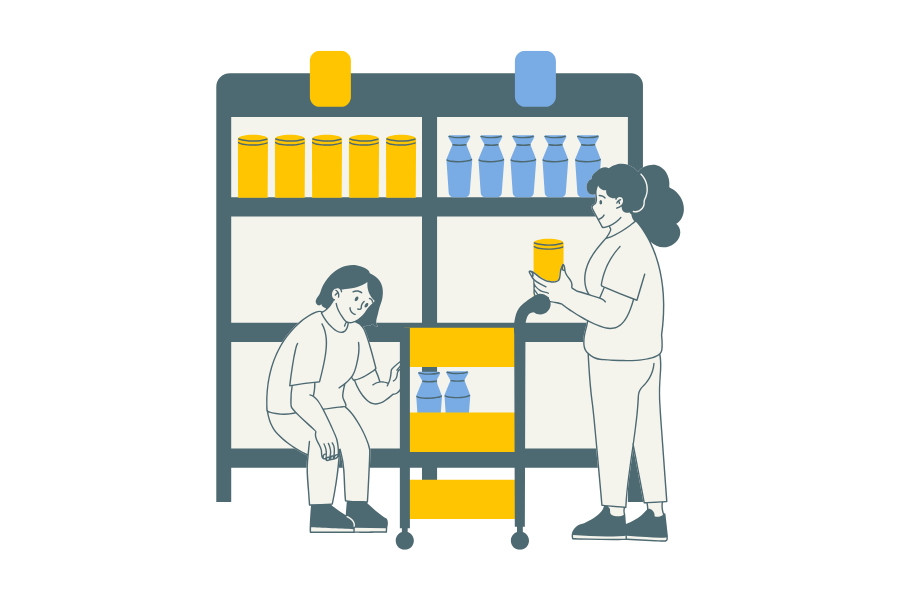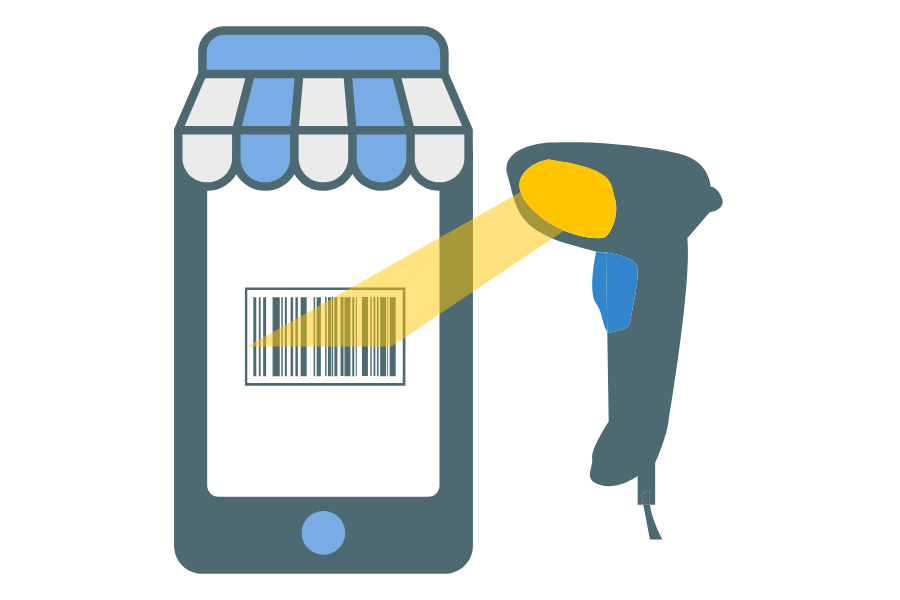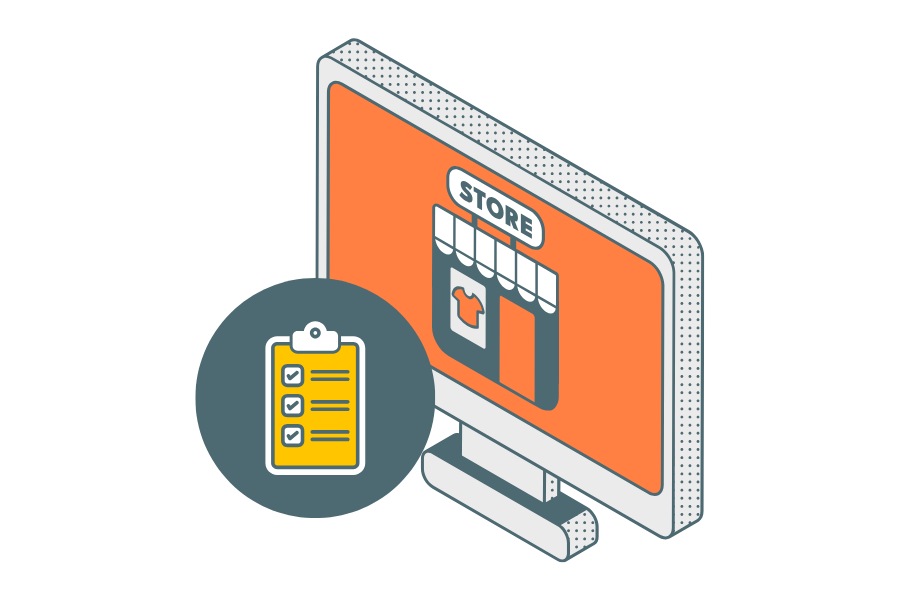 How Do You Control the Cost of Goods Sold (COGS) in the UK?
How Do You Control the Cost of Goods Sold (COGS) in the UK?
Controlling the Cost of Goods Sold (COGS) in the UK involves implementing various strategies and practices aimed at managing and reducing the direct costs associated with the production or acquisition of goods. Here are some common approaches to controlling COGS:
- Efficient Inventory Management: Proper inventory management is crucial for controlling COGS. Maintaining optimal inventory levels helps minimise holding costs, reduces the risk of obsolescence, and prevents overstocking or stockouts. Implementing inventory control systems, forecasting demand accurately, and monitoring inventory turnover ratios are effective methods for controlling costs.
- Supplier Management and Negotiation: Building strong relationships with suppliers and negotiating favourable terms can help control COGS. This includes negotiating competitive prices, favourable payment terms, volume discounts, and exploring opportunities for sourcing materials or products at lower costs without compromising quality.
- Cost Reduction Strategies: Identifying and implementing cost reduction strategies can help control COGS. This may involve optimising production processes, reducing waste, improving efficiency, exploring alternative suppliers or materials, or utilising technology to automate and streamline operations.
- Continuous Improvement and Lean Practices: Embracing continuous improvement methodologies, such as Lean or Six Sigma, can help identify and eliminate inefficiencies, bottlenecks, and non-value-added activities in the production process. By eliminating waste and improving operational efficiency, companies can reduce costs and improve COGS.
- Labor Management: Managing labour costs effectively is essential for controlling COGS. This involves optimising workforce planning, ensuring appropriate staffing levels, improving labour productivity, and minimising overtime expenses. Training and cross-skilling employees can also contribute to cost control efforts.
- Quality Control: Ensuring high product quality can help minimise returns, rework, and warranty costs, which directly impact COGS. Implementing robust quality control measures and investing in quality assurance can reduce costs associated with product defects and customer dissatisfaction.
- Technology and Automation: Adopting technology and automation solutions can enhance operational efficiency, reduce labour costs, and minimise errors in the production process. Advanced manufacturing technologies, data analytics, and inventory management systems can contribute to better cost control.
- Pricing Strategies: Pricing products appropriately is crucial to ensure profitability and control COGS. Conducting regular pricing analyses, considering market conditions, competitors’ pricing, and cost structures can help set optimal pricing levels that cover COGS and generate a reasonable profit margin.
It’s important to note that the specific strategies and approaches for controlling COGS may vary depending on the industry, nature of the business, and individual company circumstances. Consulting with industry experts, accountants, or business advisors can provide tailored guidance on effective COGS control in the UK.
To find out more about our services or to book a consultation, feel free to visit our website or reach out to us on here.
Produced by ChatGPT, overseen by a human at Counto







